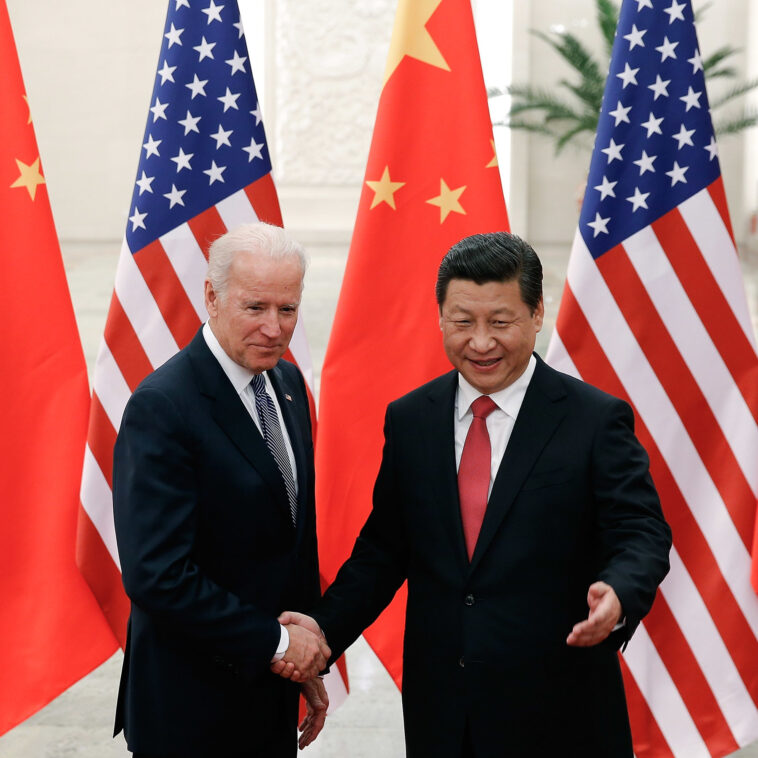The President of the United States has certain designated powers under the Constitution. Among these are the ability to engage in treaty negotiations, command the military, assign Cabinet and court members, and deliver pardons or commutations. Notably, the presidency carries implicit superpowers that are harder to define but nonetheless significant. One of these is the President’s potential to unify an embattled nation around foreign policy issues, or inspire foreign nations to rally to Washington’s own causes. However, successful employment of these softer powers hinges on the credibility of the White House, an area that seems to currently be under threat.
At present, the Trump administration finds itself grappling with tumultuous situations in the Middle East. The challenges aren’t alleviated by the fact that Trump just stirred one of the largest single-day protests in U.S. history with his costly military parade. It’s challenging to dismiss detractors when Trump’s base appears less solid than it was weeks prior. The political momentum that once propelled his return is now precipitating internal fractures.
A potential window of political triumph remains open for Trump regarding the heated conflict between Iran and Israel. Iran appears interested in mitigating the war’s temperature, which, now in its fifth day, centers on Israel’s perceived existential threat from Iran’s nuclear program. Israel suspended plans to eliminate Iran’s Supreme Leader at the behest of U.S. officials. Trump could garner diplomatic prestige in the region if he could successfully negotiate a nuclear deal with Iran, a pursuit he has been after since his first foreign trip as President.
However, the political circumstances Trump is navigating now contrast the ones he has managed previously. Guiding his next steps are certain factions with differing interests. During his 2024 campaign, Trump made grandiose promises of swiftly resolving conflicts in the Middle Eastern region and Ukraine. While traditional GOP members swallowed their objections, it was primarily due to their aversion to alternative options in the form of Joe Biden and later, Kamala Harris.
What remains a stringent doctrine within GOP circles is the inextricable link between the U.S. and Israel. As the strongest ally of Washington in the region, upholding support for Israel has been a fundamental part of U.S. policy since modern Israel’s inception. Nevertheless, Republicans are paying close attention to the signals emanating from the White House.
Trump’s powerful MAGA base finds itself particularly troubled. Trump rose to power by candidly criticizing internationalism practices of both parties. He proposed reneging from long-standing foreign entanglements, addressing interventions that left Americans scrambling for world maps, and focusing on a domestic agenda more aligned with the interests of his base.
Opinions on Israel cut across party lines in America. Trump dominated the pro-Israel sentiment during his campaigns. Americans remain divided on whether U.S. support for Israel is balanced, insufficient, or excessive. However, the electorate was heavily skewed last time, with Trump receiving the lion’s share of votes from those advocating for increased support for Israel.
The Christian Right’s association with the pro-Israel sentiment is worth noting, although for vastly different reasons. Devout Christians have vested interest in the absolute support of Israel by the U.S. In the previous election, the Christian Right was resolutely behind Trump, with 4 out of every 5 Evangelicals and born-again Christians choosing him. For many within the Christian Right, the survival of Israel is tied to prophecies of the Bible involving the second coming of Jesus. For them, any move short of absolute loyalty to Israel is considered an attack on their faith.
Democratic responses to the current strikes into Iran have so far remained cautious. Democrats harbor no favorable views towards a nuclear Iran, but they remember the pivotal deal achieved by the Obama Administration with Tehran, subsequently scrapped by Trump. An intensified resentment against Netanyahu’s administration also lingers within the party, owing to Netanyahu’s indirect support of Mitt Romney over Obama during the 2012 elections.
However, the Democratic party itself is far from unified in its stance on how the U.S. should engage the Middle East presently. The party, much like the Republican party, is struggling to negotiate the difficult terrain of maintaining loyalty to Israel while navigating the instinctive human desire for peace, a skill neither Joe Biden nor Kamala Harris seem to possess.
Biden and Harris have exhibited a propensity to pitch utopian dreams that often prove to be out of touch with the grim realities of international diplomacy. Their ideas, while seemingly good on paper, do not hold up to scrutiny in the light of practicality and geopolitical wheeling and dealing. This disconnect perpetuates a sense of skepticism and frustration among those who understand the complexity of the issues at stake.
In the grand political theater, Harris’s role has been relegated to that of a supporting actor. Harris, who ascended to the Vice Presidency, appears to be perpetually shadowed by uncertainty and apprehension. Her contributions have been negligible, to say the least, and she has remained conspicuously absent in these critical conversations regarding the Middle East.
Emphasizing Biden’s inadequacies and missteps further underscores the inconsistency and wavering of this administration. Biden’s track record does not inspire confidence for those looking for strong, decisive leadership. In contrast, his tenure has been marked by a series of mishaps, misconceptions, and missed opportunities.
In essence, both Biden and Harris appear to be out of their depth. Their mixed signals and seeming lack of a clear direction are causing distress and confusion among allies while emboldening those who may not have America’s best interests at heart. The current political climate under their leadership gives little hope for any substantial improvement.
Diplomacy is an intricate practice, requiring finesse, patience, and above all, a clear vision and strategy. Unfortunately, Biden and Harris seem deficient in these areas. Their tenure so far only reinforces the perception of a lack of leadership, sending ripples of discomfort and uneasiness both at home and abroad.
The near future clearly calls for a dominant, assertive stance, consolidating trust among allies, and demonstrating strength to those who seek to undermine American interests. Despite the ambitions voiced in their campaign speeches, Biden and Harris’s disillusionment and habitual flip-flopping give little hope for a turnaround in American foreign policy concerning the Middle East, Israel, and Iran.




